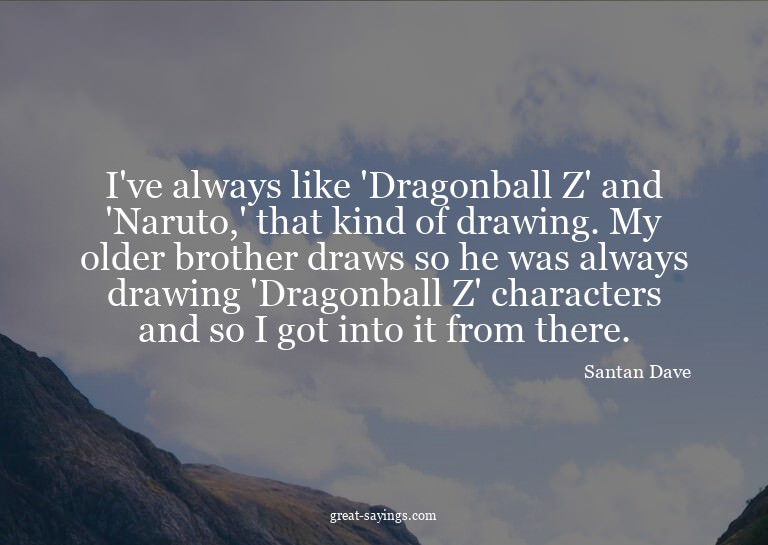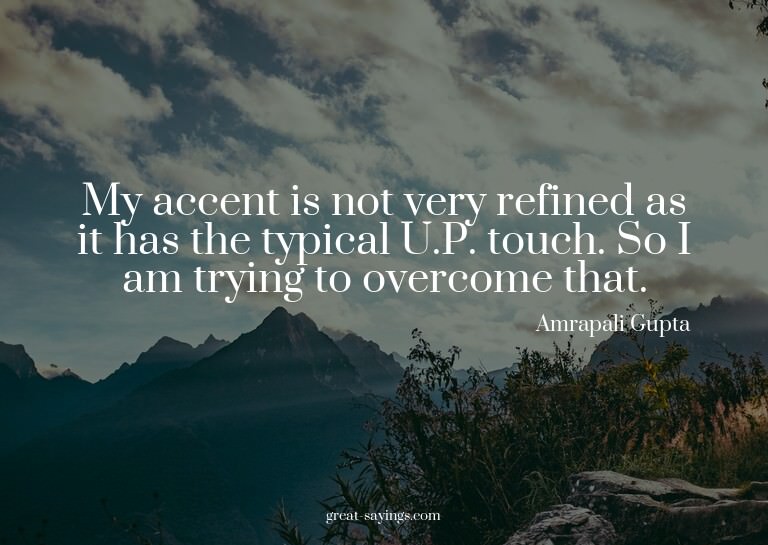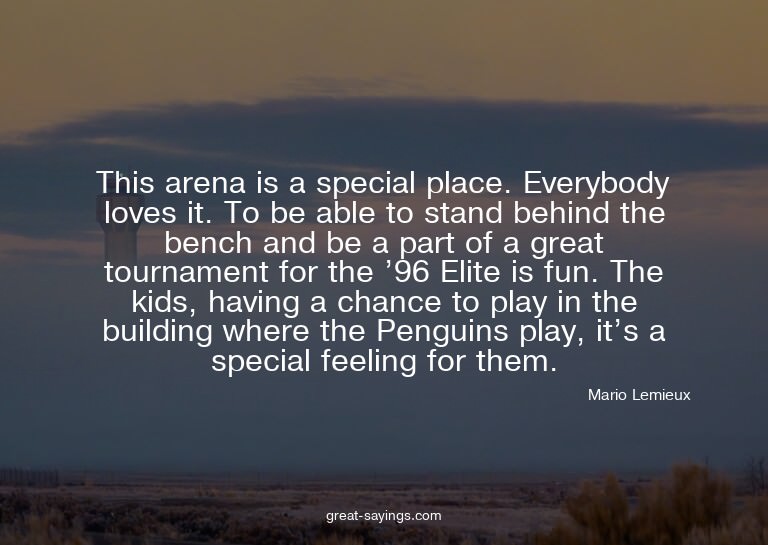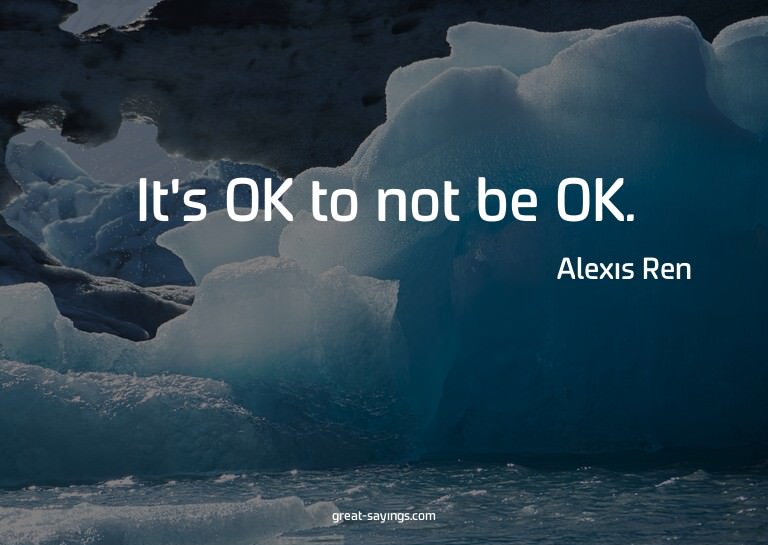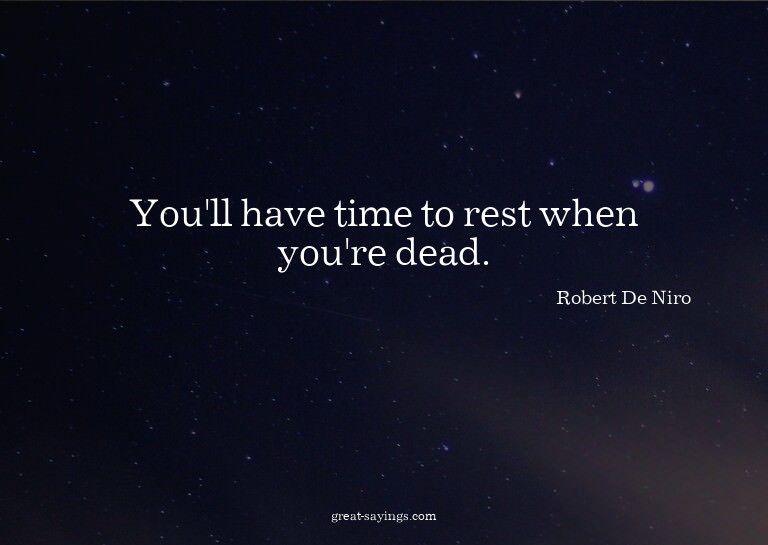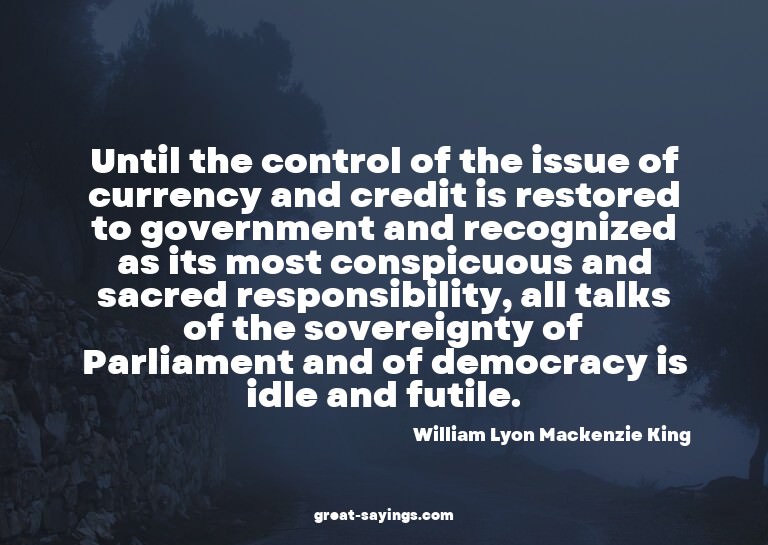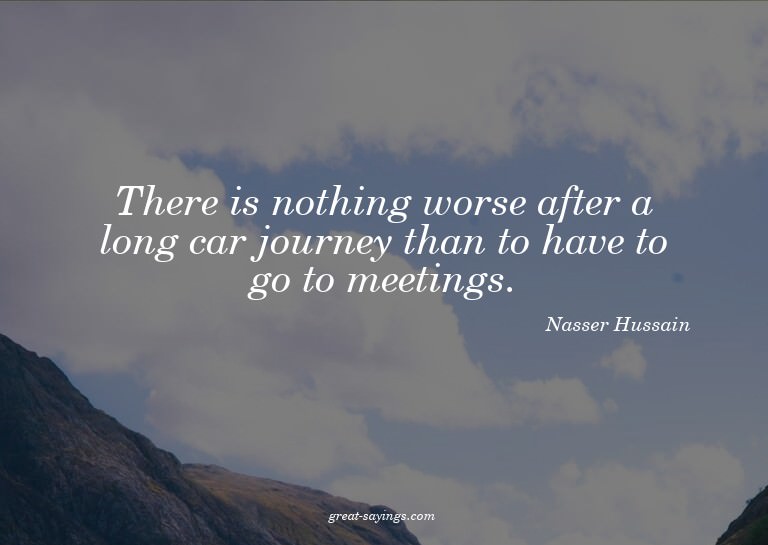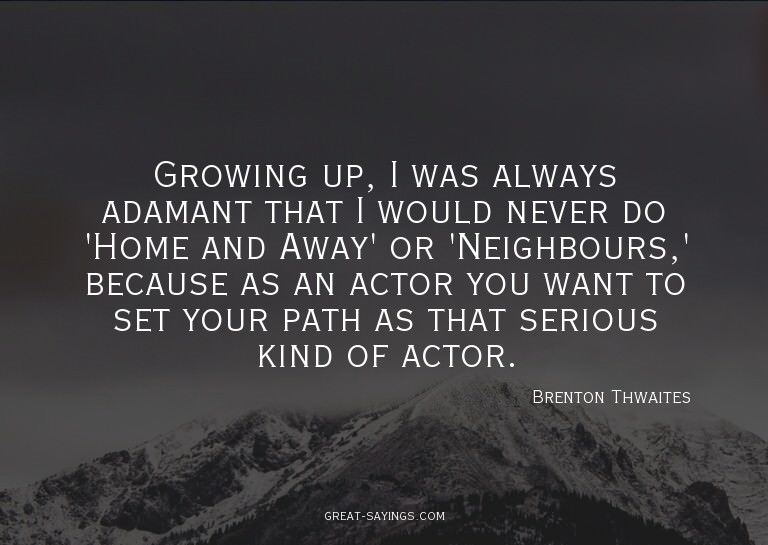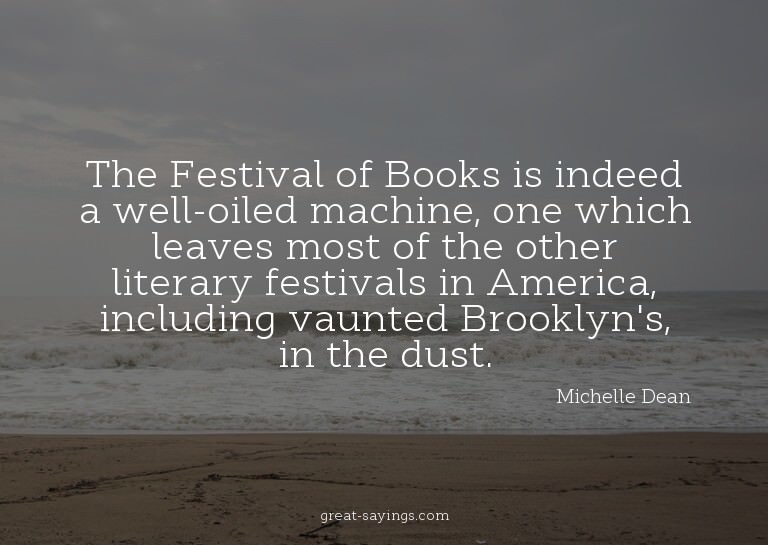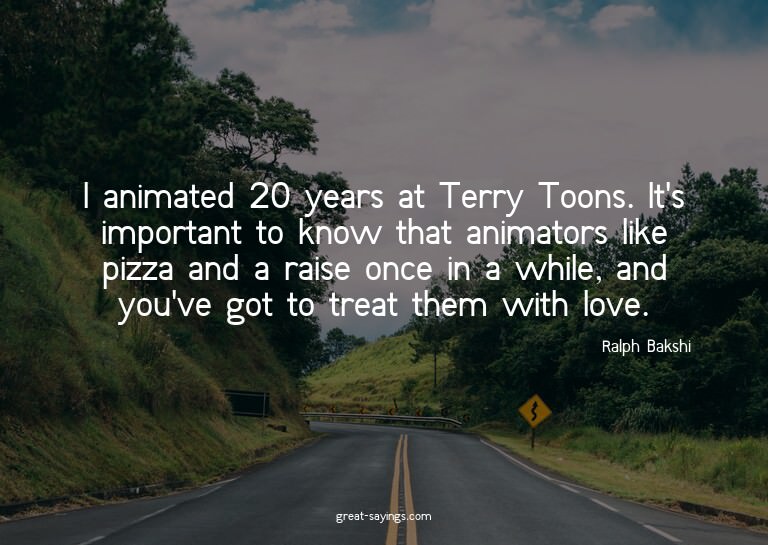Words matter. These are the best Haruki Murakami Quotes, and they’re great for sharing with your friends.

I’ve been running a full marathon every year for more than 20 years, and my record is getting worse. Getting older, getting worse. It’s natural.
Every day I go to my study and sit at my desk and put the computer on. At that moment, I have to open the door. It’s a big, heavy door. You have to go into the Other Room. Metaphorically, of course. And you have to come back to this side of the room. And you have to shut the door.
I have always liked running, so it wasn’t particularly difficult to make it a habit. All you need is a pair of running shoes and you can do it anywhere. It does not require anybody to do it with, and so I found the sport perfectly fits me as a person who tends to be independent and individualistic.
George Orwell is half journalist, half fiction writer. I’m 100 percent fiction writer… I don’t want to write messages. I want to write good stories. I think of myself as a political person, but I don’t state my political messages to anybody.
In Japan, the writers have made up a literary community, a circle, a society. I think 90 percent of Japan’s writers live in Tokyo. Naturally, they make a community. There are groups and customs, and so they are tied up in a way.
It’s true that at the time I was fond of Kurt Vonnegut and Richard Brautigan, and it was from them that I learned about this kind of simple, swift-paced style, but the main reason for the style of my first novel is that I simply did not have the time to write sustained prose.
Every writer has his writing technique – what he can and can’t do to describe something like war or history. I’m not good at writing about those things, but I try because I feel it is necessary to write that kind of thing.
Confidence, as a teenager? Because I knew what I loved. I loved to read; I loved to listen to music; and I loved cats. Those three things. So, even though I was an only kid, I could be happy because I knew what I loved.
I don’t get bored.
Whenever I write a novel, music just sort of naturally slips in (much like cats do, I suppose).
When I start to write, I don’t have any plan at all. I just wait for the story to come.
When I was a teenager, I thought how great it would be if only I could write novels in English. I had the feeling that I would be able to express my emotions so much more directly than if I wrote in Japanese.
It’s physical. If you keep on writing for three years, every day, you should be strong. Of course you have to be strong mentally, also. But in the first place you have to be strong physically. That is a very important thing. Physically and mentally you have to be strong.
In my younger days, I was trying to write sophisticated prose and fantastic stories.
I had my jazz club and I had enough money. So I didn’t have to write for my living.
There’s no such thing as perfect writing, just like there’s no such thing as perfect despair.
I know how fiction matters to me, because if I want to express myself, I have to make up a story. Some people call it imagination. To me, it’s not imagination. It’s just a way of watching.
Writing is fun – at least mostly. I write for four hours every day. After that I go running. As a rule, 10 kilometers (6.2 miles). That’s easy to manage.
You are 27 or 28 right? It is very tough to live at that age. When nothing is sure. I have sympathy with you.
I am 55 years old now. It takes three years to write one book. I don’t know how many books I will be able to write before I die. It is like a countdown. So with each book I am praying – please let me live until I am finished.
I think history is collective memories. In writing, I’m using my own memory, and I’m using my collective memory.
I started writing at the kitchen table after midnight. It took ten months to finish that first book; I sent it to a publisher and I got some kind of prize, so it was like a dream – I was surprised to find it happening.
I’m a writer. I don’t support any war. That’s my principle.
I’ve run the Boston Marathon 6 times before. I think the best aspects of the marathon are the beautiful changes of the scenery along the route and the warmth of the people’s support. I feel happier every time I enter this marathon.
Mere humans who root through their refrigerators at three o’clock in the morning can only produce writing that matches what they do. And that includes me.
I get up early in the morning, 4 o’clock, and I sit at my desk and what I do is just dream. After three or four hours, that’s enough. In the afternoon, I run.
My priority is my books, at least at this point. What I have to do is write the narrative of this time.
When I am writing, I do not distinguish between the natural and supernatural. Everything seems real. That is my world, you could say.
I lost some of my friends because I got so famous, people who just assumed that I would be different now. I felt like everyone hated me. That is the most unhappy time of my life.
Some people think literature is high culture and that it should only have a small readership. I don’t think so… I have to compete with popular culture, including TV, magazines, movies and video games.
I don’t think of myself as an artist. I’m just a guy who can write.

Before I became a writer, I was running a jazz bar in the center of Tokyo, which means that I worked in filthy air all the time late into the night. I was very excited when I started making a living out of my writing, and I decided, ‘I will live in nothing but an absolutely healthy way.’
My father belongs to the generation that fought the war in the 1940s. When I was a kid my father told me stories – not so many, but it meant a lot to me. I wanted to know what happened then, to my father’s generation. It’s a kind of inheritance, the memory of it.
It is hard to be an individual in Japan.
I myself have been on my own and utterly independent since I graduated. I haven’t belonged to any company or any system. It isn’t easy to live like this in Japan.
If you want to talk about something new, you have to make up a new kind of language.
I was enjoying myself writing, because I don’t know what’s going to happen when I take a ride around that corner. You don’t know at all what you’re going to find there. That can be thrilling when you read a book, especially when you’re a kid and you’re reading stories.
Many people, especially young people, would like to be more independent and on their own. But it is very difficult and they suffer from feelings of isolation. I think that is one reason why young readers support my work.
Many people tell me that they don ‘t know what to feel when they finish one of my books because the story was dark, or complicated, or strange. But while they were reading it, they were inside my world and they were happy. That’s good.
In Japan they prefer the realistic style. They like answers and conclusions, but my stories have none. I want to leave them wide open to every possibility. I think my readers understand that openness.
Young people these days don’t trust anything at all. They want to be free.
I like to read books. I like to listen to music.
As a novelist, you could say that I am dreaming while I am awake, and every day I can continue with yesterday’s dream. Because it is a dream, there are so many contradictions and I have to adjust them to make the story work. But, in principle, the original dream does not change.
When I write about a 15-year old, I jump, I return to the days when I was that age. It’s like a time machine. I can remember everything. I can feel the wind. I can smell the air. Very actually. Very vividly.
Everything passes. Nobody gets anything for keeps. And that’s how we’ve got to live.
If you keep on writing for three years, every day, you should be strong. Of course, you have to be strong mentally, also. But in the first place, you have to be strong physically. That is a very important thing. Physically and mentally you have to be strong.
I didn’t read so much Japanese literature. Because my father was a teacher of Japanese literature, I just wanted to do something else.
I had no ambition to be a writer because the books I read were too good, my standards were too high.
I don’t know how many good books I still have in me; I hope there are another four or five.
If you remember me, then I don’t care if everyone else forgets.
You have to be practical. So every time I say, if you want to write a novel you have to be practical, people get bored. They are disappointed. They are expecting a more dynamic, creative, artistic thing to say. What I want to say is: you have to be practical.
I am worrying about my country. I feel I have a responsibility as a novelist to do something.
I try not to think about anything special while running. As a matter of fact, I usually run with my mind empty. However, when I run empty-minded, something naturally and abruptly crawls in sometime. That might become an idea that can help me with my writing.
I have no models in Japanese literature. I created my own style, my own way.
For me, writing a novel is like having a dream. Writing a novel lets me intentionally dream while I’m still awake. I can continue yesterday’s dream today, something you can’t normally do in everyday life.

